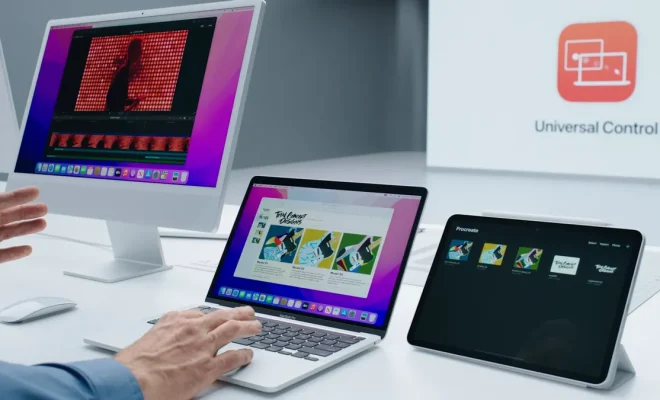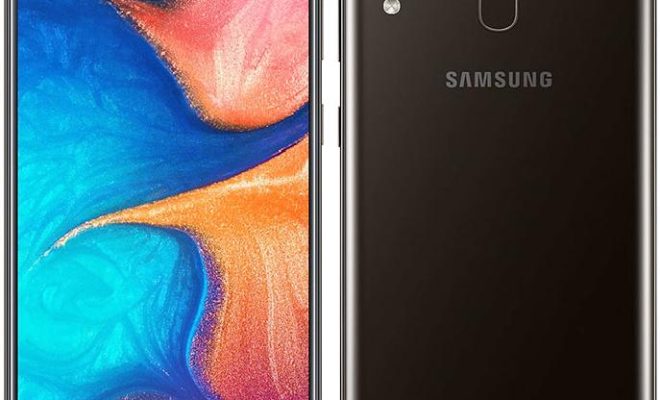Should You Compress Your OS Drive to Save Disk Space?

As technology advances, the need for more storage space increases. Operating systems, software programs, and personal files all take up considerable amounts of disk space, which can cause problems for those with limited storage capacity. One solution to this problem is to compress the OS drive. However, the question remains: should you compress your OS drive to save disk space?
First, it is important to understand what disk compression is and how it works. Disk compression essentially takes all the files on your drive and condenses them to take up less space. This can be particularly useful for those with smaller hard drives or those who want to free up space quickly without having to delete data.
There are two types of compression: lossy and lossless. Lossy compression sacrifices some quality in the files to reduce their size, while lossless compression maintains the original quality. In the case of disk compression, only lossless compression should be used. Lossy compression can result in loss of data, which can lead to errors and problems in the OS drive.
The benefits of compressing your OS drive are clear: it frees up space on your hard drive. Additionally, compressed files take up less space and therefore can improve disk performance. This can be especially helpful for those running older systems that may not have as much processing power.
However, there are some downsides to compressing your OS drive. Firstly, compressed files take longer to access and decompress, which can slow down system performance. Additionally, compressed files can become corrupted and cause issues with the OS drive. Finally, some software programs may not function properly with compressed files, leading to further complications.
Ultimately, whether or not to compress your OS drive depends on your individual needs and situation. If you have limited storage space and are looking to free up some extra room, then compressing your OS drive may be a good idea. However, if you require fast access to your files or use software programs that may not function properly with compressed files, then it may be better to keep your disk space as is.
In conclusion, disk compression can be a useful tool for those looking to free up space on their hard drive. However, it is important to consider the potential downsides, such as slower system performance and potential software compatibility issues. Ultimately, the decision to compress your OS drive should be based on your individual needs and circumstances.






